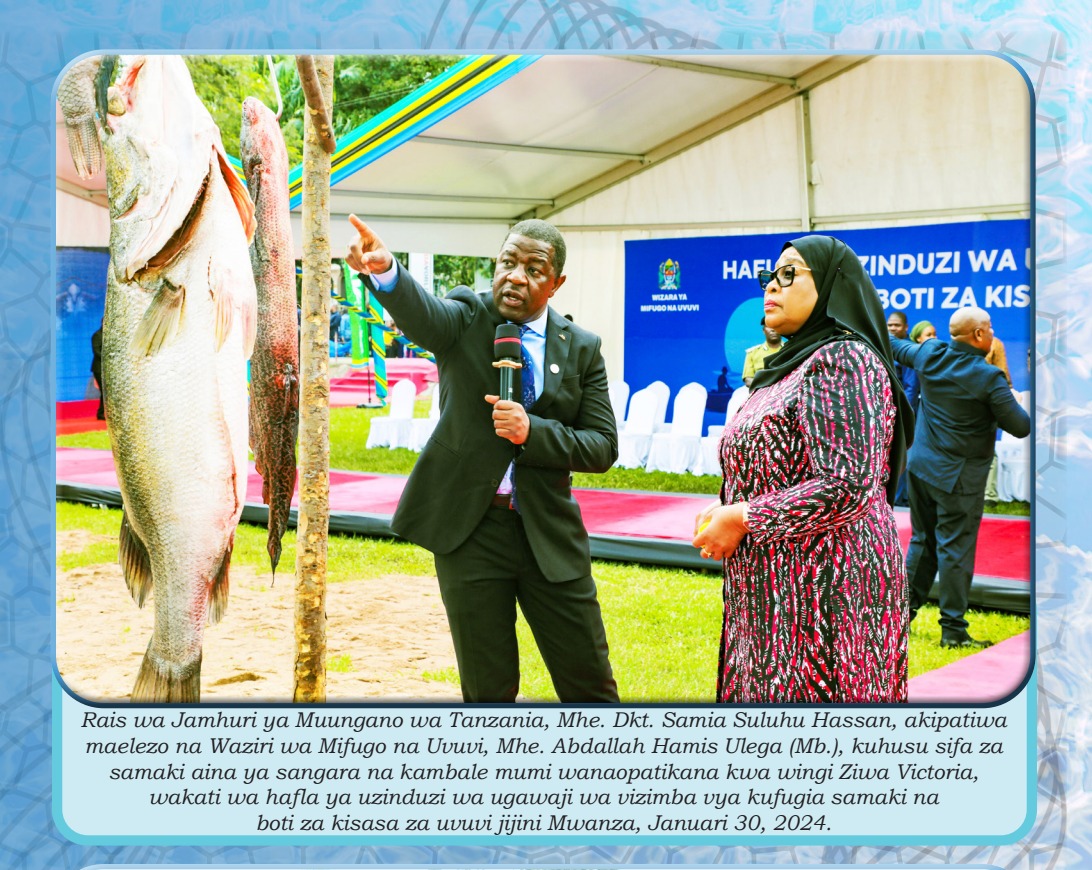In 2024/5 budget speech delivered by Hon. Abdallah Hamis Ulega (MP), Minister of Livestock and Fisheries, significant investments in livestock infrastructure were highlighted as a key priority for the government. These investments are crucial for improving the overall efficiency and productivity of the livestock sector, which plays a vital role in Tanzania’s economy and food security.
One of the major initiatives outlined in the budget is the construction of new livestock guest houses. These facilities provide essential support services to livestock farmers, including accommodation, veterinary care, and training programs. The new guest houses are equipped with modern amenities and are strategically located in key livestock farming areas. By providing a comfortable and convenient environment for farmers, the government aims to enhance their productivity and well-being.
The budget also emphasizes the importance of improving feed and water facilities for livestock. Adequate and nutritious feed is essential for maintaining the health and productivity of livestock. The government has allocated funds for the construction and refurbishment of feed storage facilities and the production of high-quality animal feeds. These facilities ensure a consistent supply of feed throughout the year, reducing the impact of seasonal variations in feed availability. Additionally, the budget includes initiatives to improve water access for livestock. This involves the construction and rehabilitation of water points, boreholes, and reservoirs in key livestock farming areas. By ensuring that livestock have access to clean and reliable water sources, the government aims to improve animal health and productivity.
Market access is another critical component of the government’s investment in livestock infrastructure. The budget outlines plans to establish new livestock markets and upgrade existing ones. These markets provide farmers with better opportunities to sell their animals at fair prices, thereby enhancing their incomes. The new and upgraded markets are equipped with modern facilities, including cold storage units, weighing scales, and veterinary clinics. These facilities ensure that livestock are handled and traded in a safe and efficient manner, improving the overall quality and competitiveness of Tanzanian livestock products.
The establishment of livestock research centers is another significant step mentioned in the budget. These centers focus on researching and developing new methods for improving livestock productivity and health. They also serve as training hubs for livestock farmers, providing them with hands-on experience in modern livestock management practices. The research centers are expected to play a crucial role in driving innovation and disseminating best practices within the livestock sector.
The budget speech by Hon. Abdallah Hamis Ulega (MP) also highlighted the importance of improving transportation infrastructure for the livestock sector. Efficient transportation is essential for moving livestock and livestock products from farms to markets. The government is investing in the construction and rehabilitation of roads and bridges in key livestock farming areas. These improvements are expected to reduce transportation costs and ensure that livestock and livestock products can reach markets quickly and in good condition.
In addition to physical infrastructure, the government is also focused on enhancing the digital infrastructure for the livestock sector. The budget includes initiatives to develop and implement digital platforms for livestock management and marketing. These platforms provide farmers with access to real-time information on market prices, weather conditions, and best practices in livestock management. They also facilitate the online trading of livestock and livestock products, thereby expanding market access and improving efficiency. By leveraging digital technology, the government aims to modernize the livestock sector and enhance its competitiveness.
Public awareness and education are vital for the success of the government’s investment in livestock infrastructure. The budget includes initiatives to raise awareness about the benefits of improved infrastructure and to educate farmers on how to utilize these facilities effectively. This involves the dissemination of information through various channels, including workshops, seminars, and media campaigns. By increasing awareness and knowledge, the government aims to encourage more farmers to take advantage of the new infrastructure and improve their productivity.
The government’s efforts to invest in livestock infrastructure are expected to have significant economic benefits. Improved infrastructure enhances the efficiency and productivity of livestock farming, leading to higher incomes for farmers. It also reduces the costs associated with livestock production and marketing, improving the overall competitiveness of Tanzanian livestock products. By investing in infrastructure, the government aims to create a sustainable and efficient livestock sector that can contribute to the overall economic growth and development of Tanzania.
In conclusion, the investment in livestock infrastructure outlined in the budget speech by Hon. Abdallah Hamis Ulega (MP) reflects the government’s commitment to building a strong foundation for Tanzania’s future. Through the construction of new guest houses, improvement of feed and water facilities, establishment of livestock markets and research centers, enhancement of transportation and digital infrastructure, and public awareness initiatives, the government is taking comprehensive steps to enhance the efficiency and productivity of the livestock sector. These initiatives are expected to significantly impact livestock farmers’ livelihoods and contribute to the overall economic growth and development of Tanzania.
